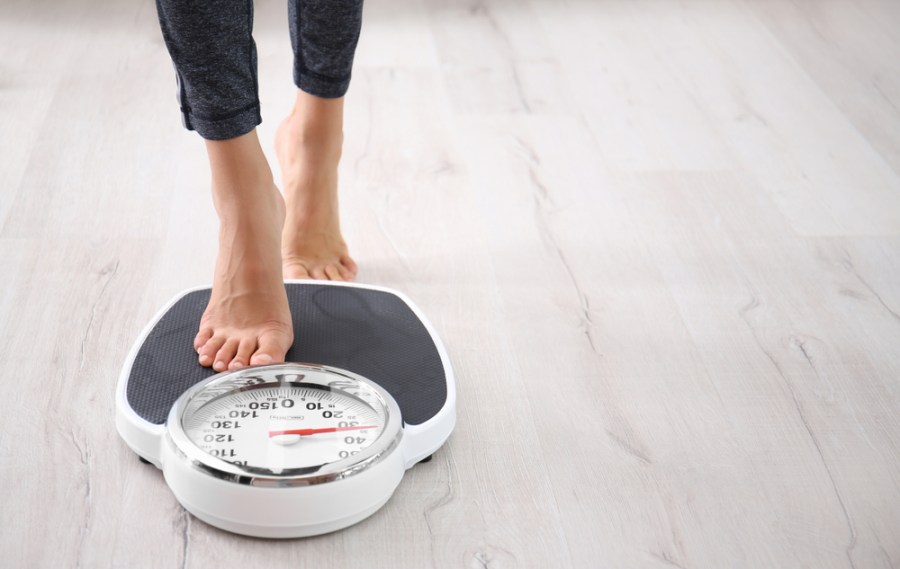A healthy diet doesn’t need to be complicated, however with so much conflicting nutrition advice available, it is easy for people to make common mistakes when attempting to eat a healthy diet.
We caught up with nutritionist Clarissa Lenherr from personalised health care service, bioniq, who reveals the top five healthy eating mistakes you might be making, alongside some simple tips on how to correct them.
1. You’re not getting the right amount of protein
Some people are at risk of not consuming enough protein. The reference intake of protein in the UK is set at 0.83g of protein per kg of bodyweight, which would be roughly 56g for men and 45g for women. While those of us who eat well-balanced diets and consume animal foods might hit that target, vegetarians and vegans might find it tricky to hit the grams needed. This is because protein levels in plant foods are substantially less than those found in animal foods. Additionally, plant-based sources of protein such as whole grains, pulses, nuts and seeds are very filling, making it harder to eat the right amounts.
On the other hand, there are those who are consuming way above the reference intake for protein. While this might be for aesthetic or fitness reasons, there is a risk of having too much protein in the diet. Very high levels of protein in the diet can put you at increased risk of weight gain, kidney damage, dehydration and heart disease.
2. You’re not getting enough fibre
The recommended daily intake of fibre is 30g, whilst the average UK individual consumes just 18g according to the British Dietetic Association. Fibre plays a huge role in digestion, cardiovascular health, balanced blood sugar, weight management, hormone health and more. To increase your fibre intake, include whole grains, nuts and seeds, pulses and fruits and vegetables into your daily diet.
3. You’re missing out on vital nutrients
According to the British Nutrition Foundation, 1 in 5 people in the UK have low Vitamin D levels, and autumn through to winter is the time when levels can decrease dramatically. Additionally, a Forth Life study released in March 2020 showed that women, vegans and vegetarians are at an increased risk of B12 deficiency.
Vitamin D levels naturally drop as we enter the winter months due to the reduced sun exposure, and the NHS, therefore, recommends supplementing from the months of October to April to avoid deficiency.
With B12, it is tricky for vegetarians and vegans to find adequate amounts of it naturally in their diet, so it is recommended to take a supplement to avoid the risk. To make sure you have all your nutritional needs covered, consider taking a personalised supplement. I recommend bioniq BALANCE, a personalised micronutrient mix that is targeted to correct common vitamin and mineral deficiencies that will provide you with exactly what your body needs, based on data derived from a blood test.
4. You’re treating calories as equal
Not all calories are created equal. The calories in avocado might be the same as a portion of fries, but the impact and nutritional intake of these two foods are definitely not the same. Calorie counting is a popular way of losing weight, which may work for some individuals, but there is a significant difference between a low-calorie diet of plant foods versus a diet filled with refined carbohydrates and sugars. Eating a meal full of whole grains, fruits and vegetables, some good fats and protein is the best way to get a balanced intake of nutrients and calories and will help keep you full and satisfied for longer.
5. Cutting out food groups
While you have most likely heard or gluten-free or dairy-free, now many popular diets are also calling for people to be nightshade-free, sugar-free, lectin-free or grain-free – to name but a few! Whilst this might bring relief for some individuals, there are a number of problems with eliminating whole food groups unnecessarily, especially without the support of a nutritionist.
Cutting out certain food groups can make you more at risk of nutritional deficiencies, reduced protein intake, inadequate fibre intake and low-calorie intake. On top of this, a reductionist way of eating can leave people feeling unmotivated and bored, which increases the likelihood of unhealthy cravings and giving up on the diet altogether. For those still wanting to cut out whole food groups, make sure you speak with a nutritionist to ensure you avoid any unwanted health implications.







